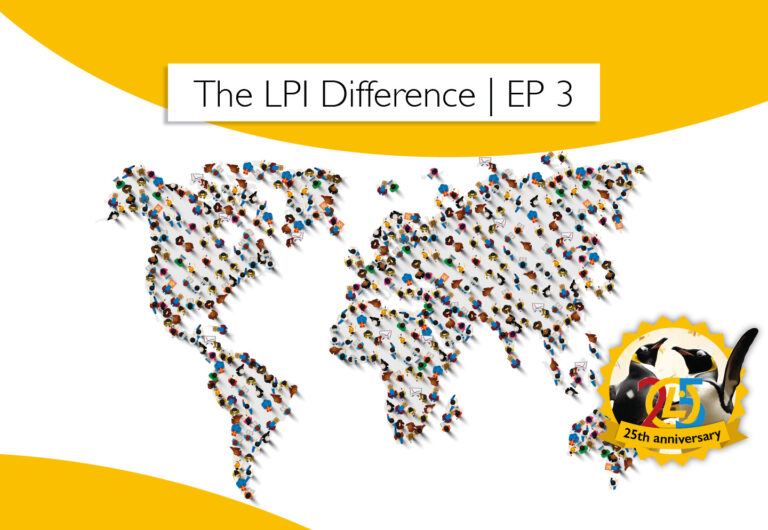The LPI Difference #3: Global Skill Development

Linux Professional Institute (LPI) reached its 25th anniversary as a unique organization in support of free and open source software. Although people come to LPI mostly to get professional certifications—and most of our revenue comes from certifications—our work and values go far beyond that.
Open source is special—it calls for different values and activities from other fields. This article is part of a six-part series laying out what makes LPI unique in pursuing its mission «to promote the use of open source by supporting the people who work with it.» This article discusses LPI’s reach into many continents through its board, its staffing, and its partners.
The growth of free, open-source software presents developing countries with an opportunity to escape from technological dependence on developed countries, but also a challenge to build up local expertise.
LPI is acutely conscious of the benefits that open source offers to developing and under-served areas of the world. The organization has representatives and partners on every continent where people live, in order to promote open source and qualify people for their jobs.
Our Board has members from around the world, and we employ managers of many ethnicities and geographic backgrounds. Like most organizations, there is more we need to do. But the growing diversity throughout our organization helps us make sure that our efforts are inclusive. We’ll see an example of this inclusiveness in the following article in this series.
Our exams and cost structure are also aimed at promoting global skill development. Our costs and exam times tend to be on the low side, and we have used sophisticated economic tools to set costs fairly for different regions of the world. At the same time, we have always done our best to assure that exams are fair and relevant by applying psychometrics, an established discipline in psychology to help tests reflect real-life skills.
<< Read the previous post of this series | Read the next post of this series >>
